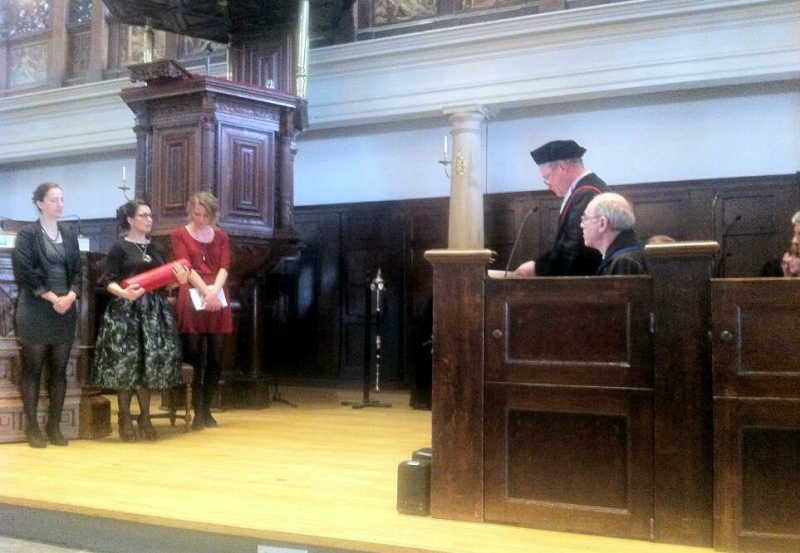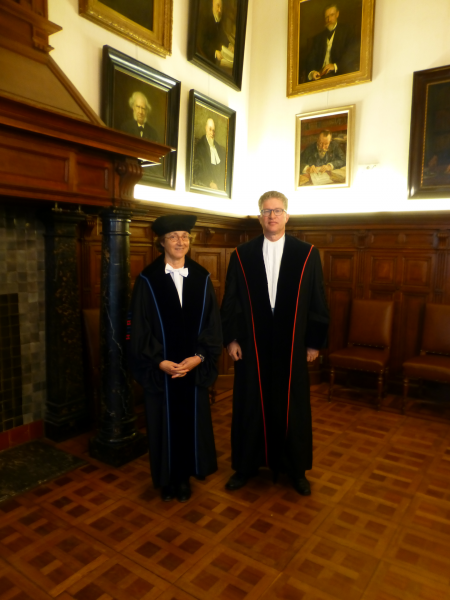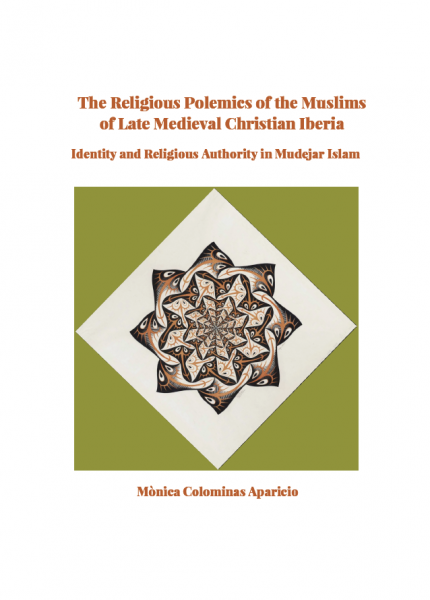

Mònica Colominas Aparicio, member of the CORPI project, has defended her PhD thesis titled:
Gerard A. Wiegers, Mercedes García-Arenal and R.L.A. van Leeuwen have been the supervisors of her PhD thesis.
The defense took place at 13:00 in the Auditorium of the University of Amsterdam (Singel 411 , 1012 XM Amsterdam) and was followed by a reception.

This dissertation investigates the politics of identity of the Muslims in Late Medieval Christian Iberia (Mudejars). Mudejars had to endure the pressure exerted by the Christian majority society and also the criticism from their co-religionists in Muslim lands who contested their exceptional subjugation to Christian rulers and occasionally asked them to emigrate to the Islamic territories. In addition, Mudejars were in direct competition with the Jewish minorities for the favours of their Christian lords.
The central question addressed in this study is how Mudejars articulated notions of identity and religious authority in relation to the Christians and the Jews, and importantly also to other Muslims, in their literature of religious polemics against the Christians and the Jews preserved in Arabic and in Aljamiado (Spanish in Arabic characters) codices. She argue that alongside the primary aim of the polemics, which was to refute the views of their religious opponents, the discourses against the Christians and the Jews in Mudejar treatises were also a tool to advance Islamic knowledge and to strengthen the government and social cohesion of their communities. Her analysis of this literature takes an interdisciplinary approach whose purpose is to counterbalance the often biased outsider views found in the contemporary Christian sources which disregard the agency of the members of these Muslim minority communities in constructing their self-image and their share in the shaping of interreligious Iberian narratives.
It can read the Table of contents here.